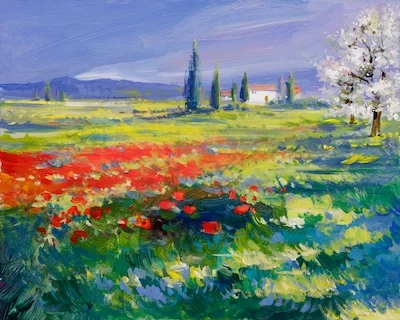
Ken Lum, “Melly Shum Hates Her Job,” 1990 to present
at Witte de With, Rotterdam (© Ken Lum)
Language has long figured large in Ken Lum’s work. From his early Portrait-Logo series, which includes pieces like Melly Shum Hates Her Job, to the later Shopkeeper signs, many of his most influential pieces take apart the divide between what is said and what is meant.
Everything is Relevant: Writings on Art and Life, 1991-2018, an anthology of Lum’s written work published this year by Concordia University Press, expands exponentially upon this idea. Comprised of letters, articles, journal entries, personal essays, curatorial statements and an introduction by Kitty Scott, chief curator of the National Gallery of Canada, the book spans the length and breadth of Lum’s career.
But to be perfectly blunt, in good Lum-ian fashion, Everything is Relevant is something of a mixed bag – personal work sometimes sits oddly next to more academic writing. But despite the different styles, certain themes emerge with near-metronomic regularity.
Family is a major force. Work is another. Identity is also writ large, beginning with Lum’s preface, which functions as a mini-memoir that details much of his early life on Vancouver’s Eastside, as well as laying out the motifs that have informed his creative practice.
It’s these early experiences and foundational forces – both big and small – that shaped him as an artist. Or as he states: “Being an artist entails the assumption that everything in life is relevant."
Born the day after his mother arrived in Vancouver from China, Lum went on to study chemistry at Simon Fraser University in Burnaby. He completed an MFA at UBC in 1985, and taught there from 1990 to 2006. He now lives in the Philadelphia area, where he is chair of fine arts at the University of Pennsylvania’s School of Design.

Ken Lum, “Monument to East Vancouver,” 2010 (© Ken Lum)
In an essay titled Ian Wilson: From Chalk Circle to Full Circle, 2013, Lum writes about his own experiences visiting his grandmother, who worked in a sweatshop on New York’s Lower Eastside.
“I remember going there with her as a boy and finding it almost impossible to breathe without a mask due to all of the lint in the air. The air was intensely hot and humid, and the powerful electric fans providing relief did so at the cost of a loud and constant din. I remember seeing young mothers sewing with babies strapped to their backs while toddlers stood about idly, waiting for their mothers to finish their shifts.”
As a working-class kid from the wrong side of town, Lum approaches the art world with an almost embattled air. To wit: Seven Moments in the Life of a Chinese Canadian Artist, 1997.
Elitism and racism come in for a right kicking in his writing, whether in the form of disassembling monuments to colonialism or challenging the innate snobbery embedded in the idea of taste. But Lum reserves some of his most razor-edged critiques for the unexamined class and racial bias that often exists in academia.

Ken Lum, “Don’t Be Silly, You’re Not Ugly,” 1993 (© Ken Lum)
His essay Dear Steven, which provides Everything is Relevant with its title, is a good summation of Lum’s approach to art and pedagogy, borne of personal experience.
“I enrolled in my first art class thirty years ago. It was comprised of approximately fifteen students diverse in terms of their backgrounds, ages and aspirations. Most did not know much about art and possessed only a vague notion of what is meant by the art world,” he writes.
“Although the instructor was incredulous at my lack of knowledge, I was not made to feel inferior. After all, my background was in the chemical sciences. However, his incredulity revealed a too common assumption about the accessibility of art – the democracy of art – and belied the fact that art is an insular enterprise subject to specificities of time and place. If this insularity is removed, then great things can happen for art and the art school environment.”
As a writer, Lum’s voice is distinctive – a bit pugnacious, but leavened with humour and insight, and, beneath that, reservoirs of pain and love. It is this quality of punchy pathos that unites his written work, much of it created in different parts of the world – Paris, Vancouver, Berlin, Hangzhou – and in different periods of his life.
But as voluminous and sometimes fascinating as Lum’s writing is, it’s also a reminder of the efficiency of visual imagery in conveying a world of complexity in an instant.
All I wanted, after reading Lum’s book, was to return once more to his images. ■
Everything is Relevant: Writings on Art and Life 1991-2018 by Ken Lum: Concordia University Press, Montreal, 2020.
PS: Worried you missed something? See previous Galleries West stories here or sign up for our free biweekly newsletter.

